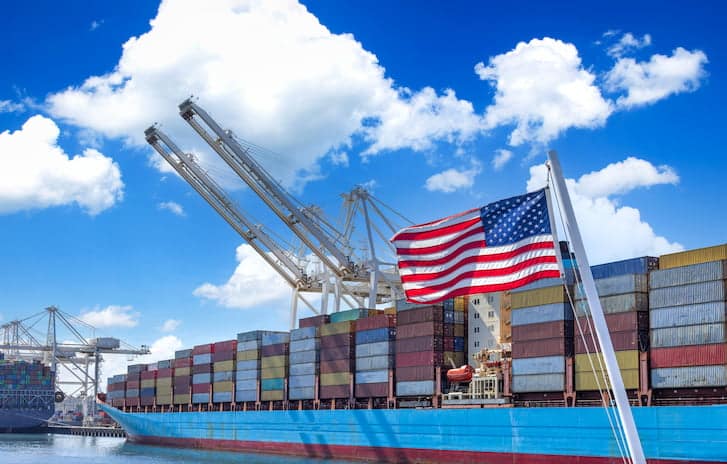Amidst growing concern about increased union powers in the workplace should the Closing Loopholes Bill 2023 be enacted by the Federal Government, the Federal Court has confirmed the right-of-entry laws are already broad and allow significant access to workplaces.
In the recent case, CEPU v Austal Ships Pty Ltd [2023] FCAFC 180 the court confirms that union officials can use their right to enter premises for “discussions” with members for the purpose of gathering signatures on petitions or “secure a commitment to a particular course of action in the future”.
In this case, it was to secure signatures backing a majority support determination.
There is concern union officials will use s484 right-of-entry laws to collect signatures for petitions seeking to “rope in” employers to multi-employer agreements, as those start to come into effect.

CCIWA CEO Chris Rodwell
This, combined with the expanded powers for workplace union delegates proposed by Government in its Fair Work Legislation Amendment (Closing Loopholes) Bill, will further boost unions’ organising capabilities, says Chris Rodwell, CCIWA CEO.
“The proposed changes would allow union officials to abruptly show up at any Australian workplace without notice and demand to see payroll paperwork if they suspect a worker has been accidentally underpaid,” he says.
“There’s no threshold they need to meet for this to happen. They don’t need to prove they have reasonable grounds to suspect documents will be destroyed, or even have more than a hunch that an underpayment has taken place.
“Those union representatives will then be able to physically stay on that premises for as long as it takes to produce the payroll documents they have asked to see.”
The Closing Loopholes Bill has been under scrutiny recently with a Senate Committee holding Australia-wide hearings with business and industry groups about the effects of the proposed changes.
CCIWA represented WA businesses at last month’s Perth Senate hearing, telling senators the Bill will cost jobs, drive down productivity and damage Australia’s global reputation.
The Senate has passed a proposal to make four changes to the non-controversial elements of the Fair Work Legislation Amendment, from January 1. They include stopping large businesses from claiming small business exemptions during insolvency to avoid redundancy payments; improved support for first responders with post-traumatic stress disorder, protections for workers experiencing domestic violence so their employers cannot discriminate against them and greater protection for silica workers.
Australian Chamber of Commerce and Industry CEO Andrew McKellar says “the successful vote has shown that these measures are non-contentious and can pass next week if the Government chooses”.
“This allows the Government to go back to the drawing board to fix its remaining misguided industrial relations changes,” he says.
Are you concerned about the Federal Government’s IR reforms? Click here for more information or get in touch with our workplace experts today by calling our Employee Relations Advice Centre on 9365 7660 or CCIWA Members can book a free consultation with one of our employment lawyers by emailing [email protected].












